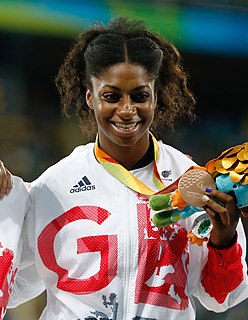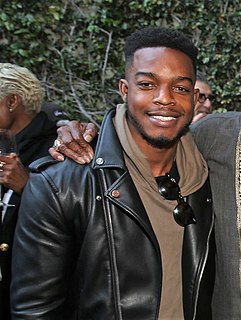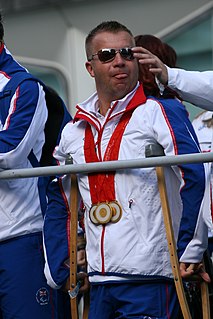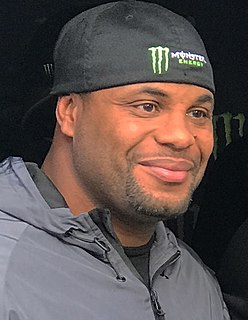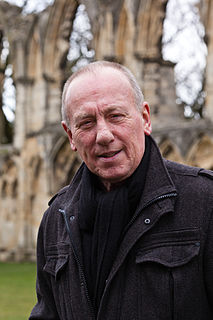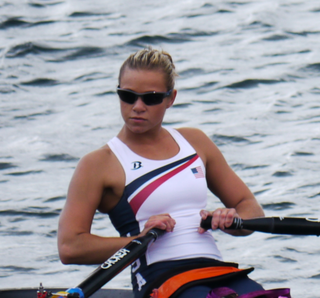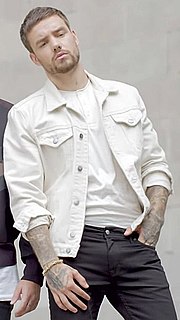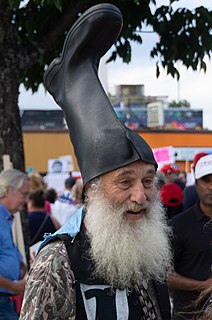A Quote by Kadeena Cox
I had the world against me. I was told I shouldn't be doing sport and that I wouldn't go to the Paralympics. I've had so many barriers.
Related Quotes
Jesse Owens had to be a very strong person. There were a lot of protests, but I think that he knew, despite the pressure on both sides, the pressure to go and the pressure not to go, he had to do it for himself. Unknowingly, he changed the world and broke so many barriers by doing so, by being a leader.
I had a really dark time after the Olympic Games... But then I said to myself, 'This is a sport that's blessed me with a home, with an education, with some money. I can't hate this sport. This sport took me out of Louisiana. This sport gave me a chance when so many people don't get a chance. And I love this sport.'
I had just finished playing a doctor in Doctors' and I had had to tell somebody that they had cancer. In that moment I thought, He's doing what I did!' We sat down and he said, I'm sorry, Mr. Timothy, but I've got bad news.' I thought, Oh!' He told me that they had found cancerous cells, but not a lot.
I've scrubbed many, many landmarks. I scrubbed the Kremlin back in '98. We had a mandatory-toothbrushing parade; we had the text of the mandatory-toothbrush law translated into Russian. And we had like 30 Russians; we had musicians; we had the giant toothbrushes. The police came and told us to stop, and we stopped.
At the age of eleven, I began Euclid, with my brother as my tutor. ... I had not imagined that there was anything so delicious in the world. After I had learned the fifth proposition, my brother told me that it was generally considered difficult, but I had found no difficulty whatsoever. This was the first time it had dawned on me that I might have some intelligence.
A life without pain: it was the very thing I had dreamed of for years, but now that I had it, I couldn’t find a place for myself within it. A clear gap separated me from it, and this caused me great confusion. I felt as if I were not anchored to this world - this world that I had hated so passionately until then; this world that I had continued to revile for its unfairness and injustice; this world where at least I knew who I was. Now the world ceased to be the world, and I had ceased to be me.
I did not know that 'poetess' was an insult, and that I myself would some day be called one. I did not know that to be told I had transcended my gender would be considered a compliment. I didn't know — yet — that black was compulsory. All of that was in the future. When I was sixteen, it was simple. Poetry existed; therefore it could be written; and nobody had told me — yet — the many, many reasons why it could not be written by me.
